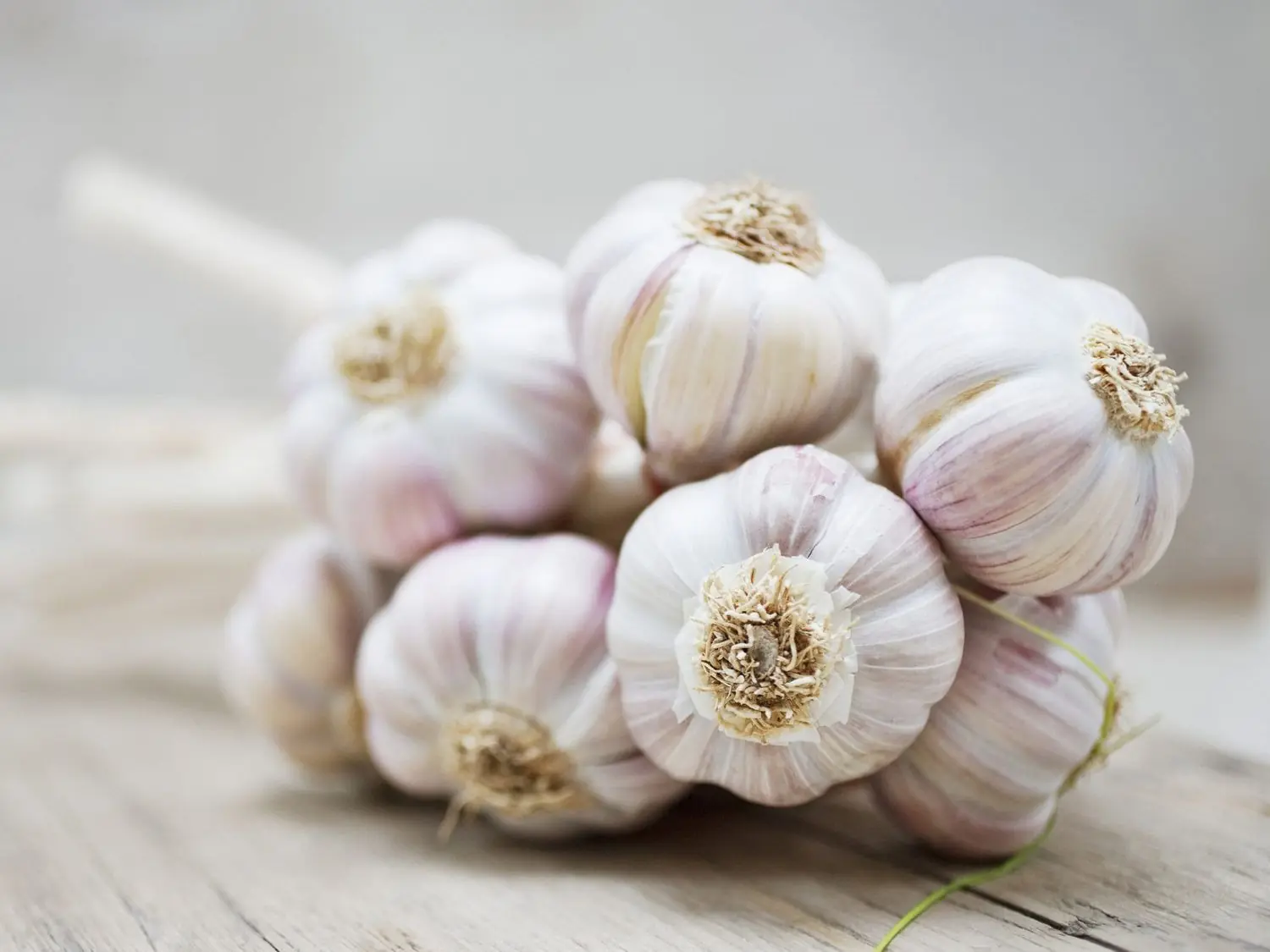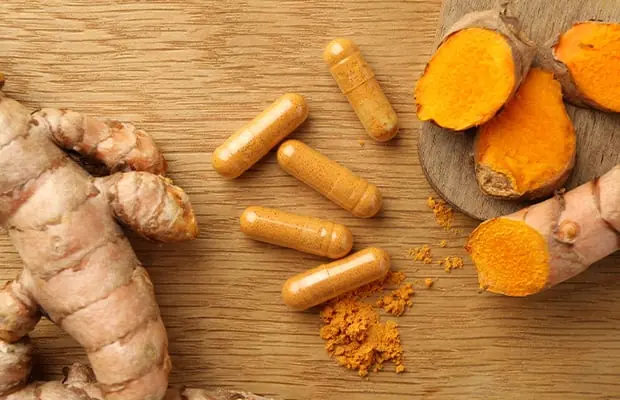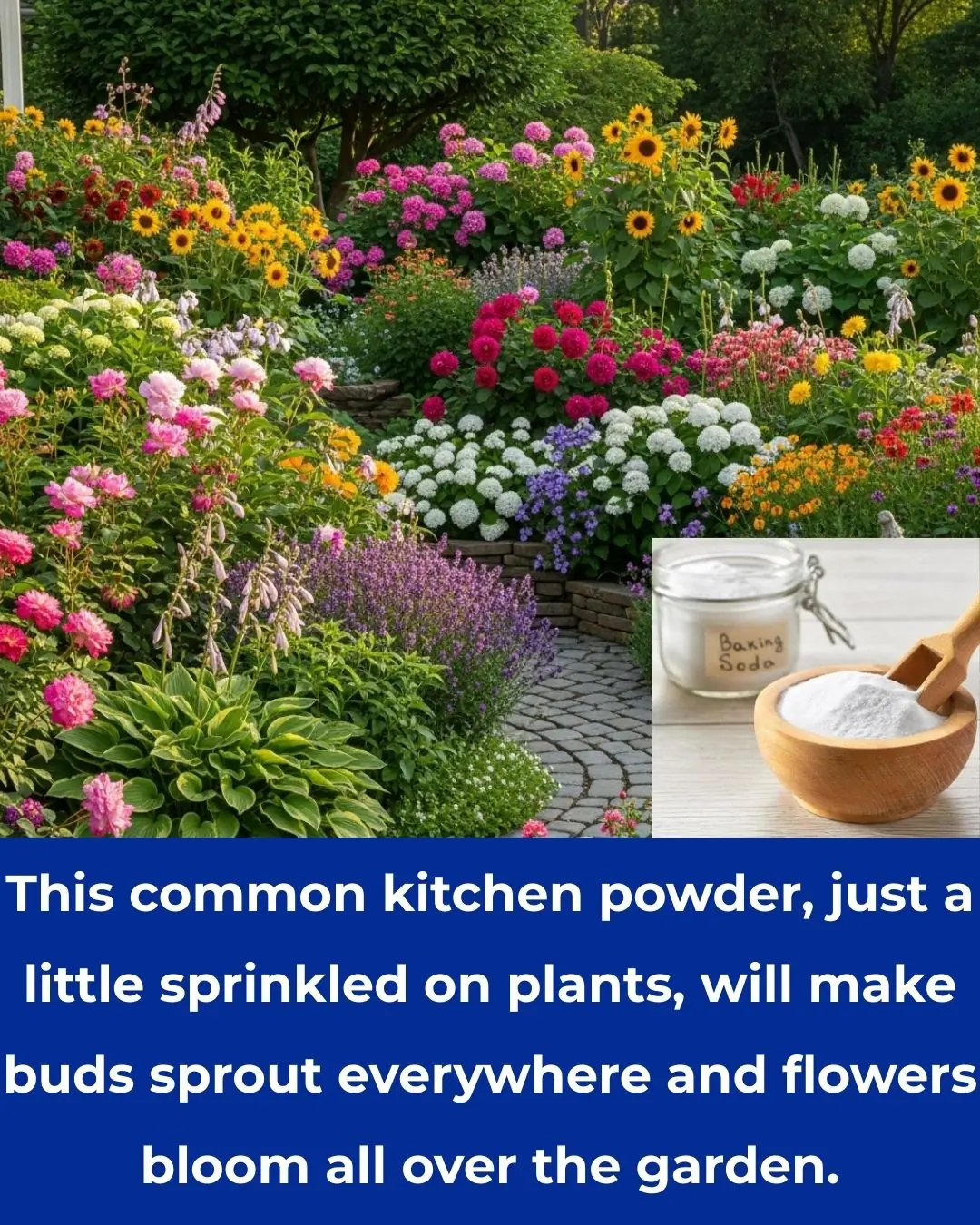
How to Treat H. Pylori (Helicobacter Pylori) Naturally Without Antibiotics

For years, doctors believed that lifestyle habits such as stress, smoking, and consuming spicy food were the primary causes of stomach pain. This understanding shifted in 1982 when it was discovered that most stomach pain and ulcers were caused by bacteria. The bacterium Helicobacter pylori (H. pylori) was identified as a major contributor.
What Is H. Pylori?
H. pylori is a common bacteria, with an estimated 60% of the global population carrying it. Many people are exposed to this bacteria early in life, although adults can also be affected.
Research has indicated that H. pylori is more prevalent in areas with poor sanitation, including places that lack clean water or effective sewage systems. However, the exact source of the bacteria has not been definitively identified.
H. pylori can spread through contact with an infected person’s saliva or bodily fluids, often by sharing drinks or eating utensils.
How H. Pylori Affects the Body
While many people with H. pylori don’t experience symptoms, for some it can severely damage the stomach lining. This damage exposes the stomach wall to digestive acids, which can cause irritation and discomfort.
Symptoms of H. Pylori Infection
When stomach acid begins acting on the weakened stomach wall, it can lead to:
-
Mild to severe stomach pain
-
Bloating
-
Nausea and vomiting
-
Excessive burping
-
Loss of appetite
-
Weight loss
-
Sour stomach
If left untreated, H. pylori can lead to infections, peptic ulcers, and even stomach cancer. It is also one of the leading causes of excessive stomach acid production (hyperchlorhydria).
The presence of H. pylori can be confirmed with blood, breath, or stool tests.
Evidence-Based Natural Remedies for H. Pylori
While the standard treatment for H. pylori involves antibiotics and antacids, there are natural remedies that some people have found helpful. Let’s explore a few of these methods.
Mastic Gum
Mastic gum is a resin derived from the pistachio tree and is commonly used in Mediterranean cuisine. A study by Farhad U. Huwez, M.R.C.P., Ph.D., from Barnet General Hospital in the UK found that even low doses of mastic gum (1 mg per day for two weeks) could cure peptic ulcers rapidly. The study indicated that mastic is active against H. pylori, which may explain its effectiveness in treating ulcers. Mastic gum has shown no known side effects. It’s available in chewable wafers or capsules.
Probiotics
Probiotics, consisting of live bacteria and yeast, are considered beneficial for maintaining a healthy gut. Several studies have shown that specific probiotic strains can inhibit H. pylori bacteria. Probiotics help balance the good and bad bacteria in the gut, which is important for overall digestive health. You can get probiotics from yogurt and fermented foods like sauerkraut, kimchi, kefir, and pickles. Alternatively, supplements are available.
Cranberry Juice
Cranberry juice is often used in natural medicine, and recent research suggests it may help prevent H. pylori from attaching to the stomach lining. A study from the oncology department at Peking University found that regular cranberry juice consumption helped suppress H. pylori infection. Similarly, Israeli researchers found that those who drank a cup of cranberry juice twice a day were three times more likely to avoid infection compared to those who didn’t. Cranberry juice may be a promising natural remedy for H. pylori.
Manuka Honey
Active Manuka honey has shown potential in inhibiting the growth of H. pylori. A study by researchers at the University of Waikato in New Zealand found that Manuka honey completely stopped the growth of the bacteria. When purchasing Manuka honey, look for a high MGO rating, as a higher MGO value indicates stronger antibacterial activity.
Edible Herbs
Several herbs are believed to help control H. pylori in the body. These can be added to your meals for both flavor and therapeutic benefits. Some of these herbs include:
-
Thyme
-
Ginger
-
Turmeric
-
Cayenne pepper
-
Oregano
-
Fenugreek
-
Curry leaves
-
Cinnamon
-
Garlic
These herbs can support your digestive health and may help combat H. pylori. For more information on herbal remedies, check out The Herbal Remedies Guide, which offers insights into how to treat common ailments with herbs.
Olive Oil
A study published in the Journal of Agricultural and Food Chemistry found that virgin olive oil may help treat and prevent H. pylori infections. Laboratory tests revealed that the antioxidant compounds in olive oil are effective against various H. pylori strains. While further studies are needed to confirm these findings in humans, incorporating virgin olive oil into your diet may help prevent stomach ulcers.
Green Tea & Red Wine
Studies have shown that certain plant extracts, such as those from garlic, broccoli, cranberries, and green tea, possess anti-H. pylori properties. Additionally, grape seeds and red wine, known for their high levels of antioxidants and polyphenols, have also demonstrated antimicrobial effects against H. pylori.
Extra Virgin Siberian Pine Nut Oil
Extra virgin Siberian pine nut oil, a cold-pressed oil derived from pine tree kernels, has a long history of use in traditional medicine, particularly in Russia and China. It’s been used to treat stomach diseases and is considered effective for acid reflux and peptic ulcers. Drinking one or two teaspoons daily, before meals, for 21-24 days may help combat H. pylori. This oil can also be used as a healthy salad dressing or added to meals.
Supplements for H. Pylori
Some supplements have been shown to fight H. pylori. These include:
-
DGL (Deglycyrrhizinated Licorice): A chewable tablet form of licorice that can help with digestive issues. Take 1-2 tablets three times daily.
-
Scutelleria Baicalensis (Baikal Skullcap): Known for its antibiotic properties, this herb may be helpful in fighting H. pylori. However, it can interfere with blood clotting and affect blood pressure, so consult your doctor before using it.
-
Korean Red Ginseng: Shown to have anti-H. pylori effects in animal studies. It can also help with mental performance and sexual function but should be used with caution, especially if you have blood pressure concerns.
Before taking any herbal or natural supplements, it’s essential to consult with your healthcare provider to ensure they don’t interfere with any current medications.
Conclusion
While antibiotics and antacids are the primary treatment for H. pylori infections, there are natural remedies that may help manage the condition. Approaches such as mastic gum, probiotics, cranberry juice, and Manuka honey offer promising results, and incorporating these remedies into your routine could be beneficial. Always consult your doctor before beginning any new treatment plan to ensure it aligns with your health needs.
News in the same category


10 Early Warning Signs Your Blood Sugar Is Way Too High

If Your Legs Cramp at Night You Need to Know This Immediately

Warning Signs Your Body Is Full of Parasites and How to Effectively Eliminate Them Naturally

Warning Signs of a Parasite Infection And How to Eliminate It for Good

What Raw Garlic Can Do for Your Health Is Truly Unbelievable

5 Common Deficiencies That Can Mess With Your Mood, Energy, and Health

Diabetes Tied to Slower Brain Recovery After TBI

Neuropathic Pruritus Has High Comorbidity Burden, Varied Treatment Responses

Unlock Your Body's Healing Potential: The Power of Reflexology for Pain Relief and Wellness

Medicinal Health Benefits of Turmeric, Curcumin and Turmeric Tea Based on Science

How to Use Tea Bags to Fight Acne, Cold Sores, Warts, Puffy Eyes, Bruises and More

Healing Power And Important Safety Tips Of Castor Leaves

12 Warning Signs Your Blood Sugar Might Be Too Low

Be Careful If You’re Farting More Than 25 Times a Day—It Might Be a Sign Your Body is Trying to Warn You

10 Warning Signs Sugar Is Slowly Wrecking Your Body

10 Cancer Warning Signs Women Often Overlook

Breakthrough Male Contraceptive Injection Offers Alternative to Condoms and Vasectomy

This One Superfood Could Tackle Major Health Issues—Here’s What You Need To Know
News Post

You Can Adopt Puppies That Were ‘Too Friendly’ to Become Police Dogs

A Nigerian Scientist Developed a High-Tech Cancer-Detecting Goggles That Help Surgeons Spot Cancer Cells More Accurately.

Final straw that led to billionaire CEO's desperate escape from Japan inside 3ft box

Mutant deer with horrifying tumor-like bubbles showing signs of widespread disease spotted in US states

'Frankenstein' creature that hasn't had s3x in 80,000,000 years in almost completely indestructible

Scientists discover ultra-massive 'blob' in space with a mass of 36,000,000,000 suns

When a Washing Machine Shows 7kg, 8kg, or 10kg, Is That the Weight of Dry or Wet Clothes? The Real Meaning Behind These Numbers Is Something That Few People Know

Place a Bowl of Salt in the Fridge: A Small Trick, But So Effective — I Regret Not Knowing It for 30 Years

If Your White Walls Are Dirty, Don’t Clean Them with Water — Use This Trick for a Few Minutes, and Your Wall Will Be as Clean as New

Bubble Wrap Has 4 Uses 'As Valuable as Gold' — But Many People Don’t Know and Hastily Throw It Away

3 Ways to Prevent Snakes from Entering Your House: Protect Your Family

5 Household Devices That Consume More Electricity Than an Air Conditioner: Unplug Them to Avoid Skyrocketing Bills

How a Common Kitchen Powder Can Help Your Plants Thrive and Bloom

How to Effectively Clean Black Mold from Your Refrigerator Gasket in Just 5 Minutes

10 Early Warning Signs Your Blood Sugar Is Way Too High

If Your Legs Cramp at Night You Need to Know This Immediately

Warning Signs Your Body Is Full of Parasites and How to Effectively Eliminate Them Naturally

Warning Signs of a Parasite Infection And How to Eliminate It for Good

What Raw Garlic Can Do for Your Health Is Truly Unbelievable
